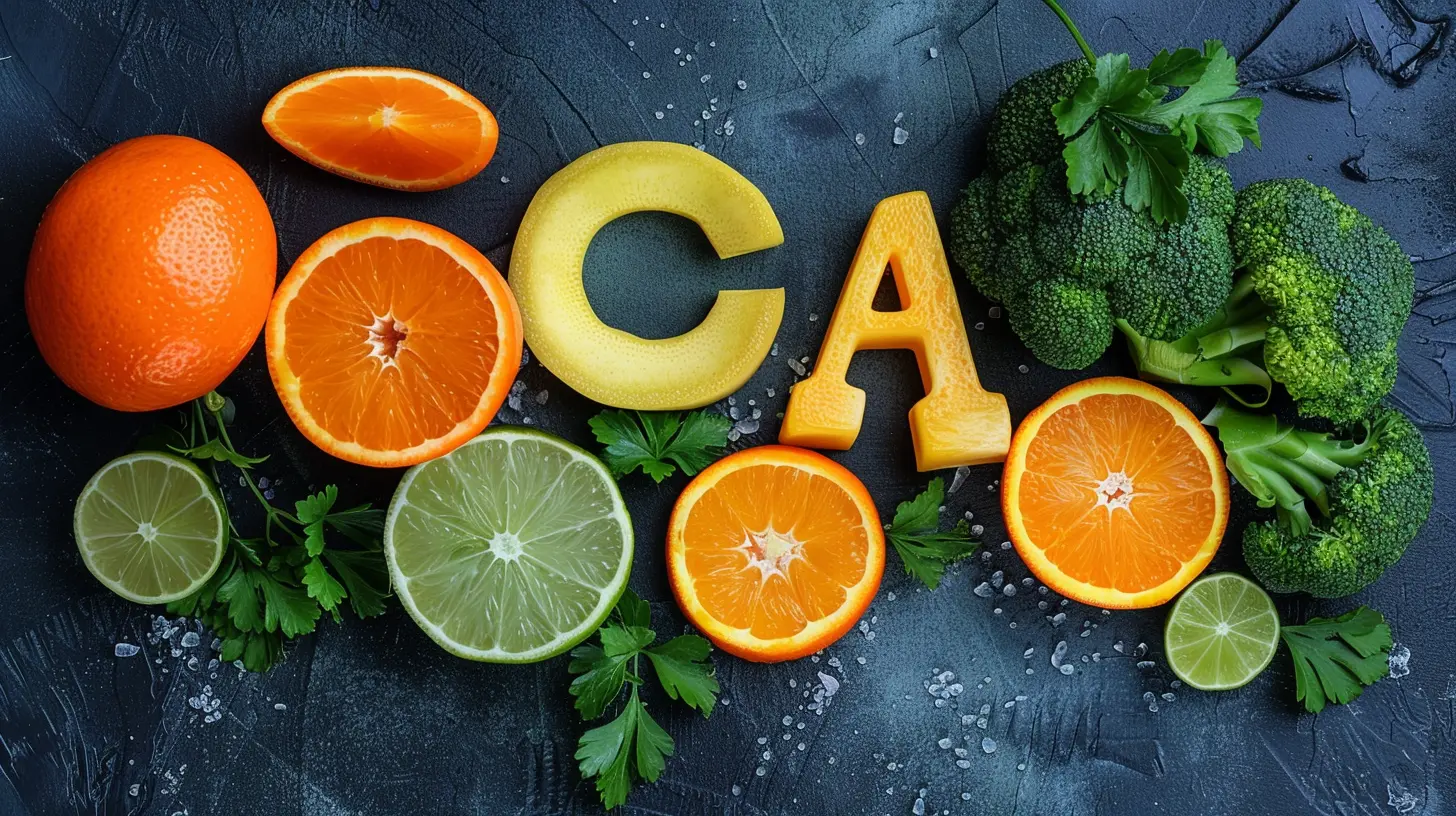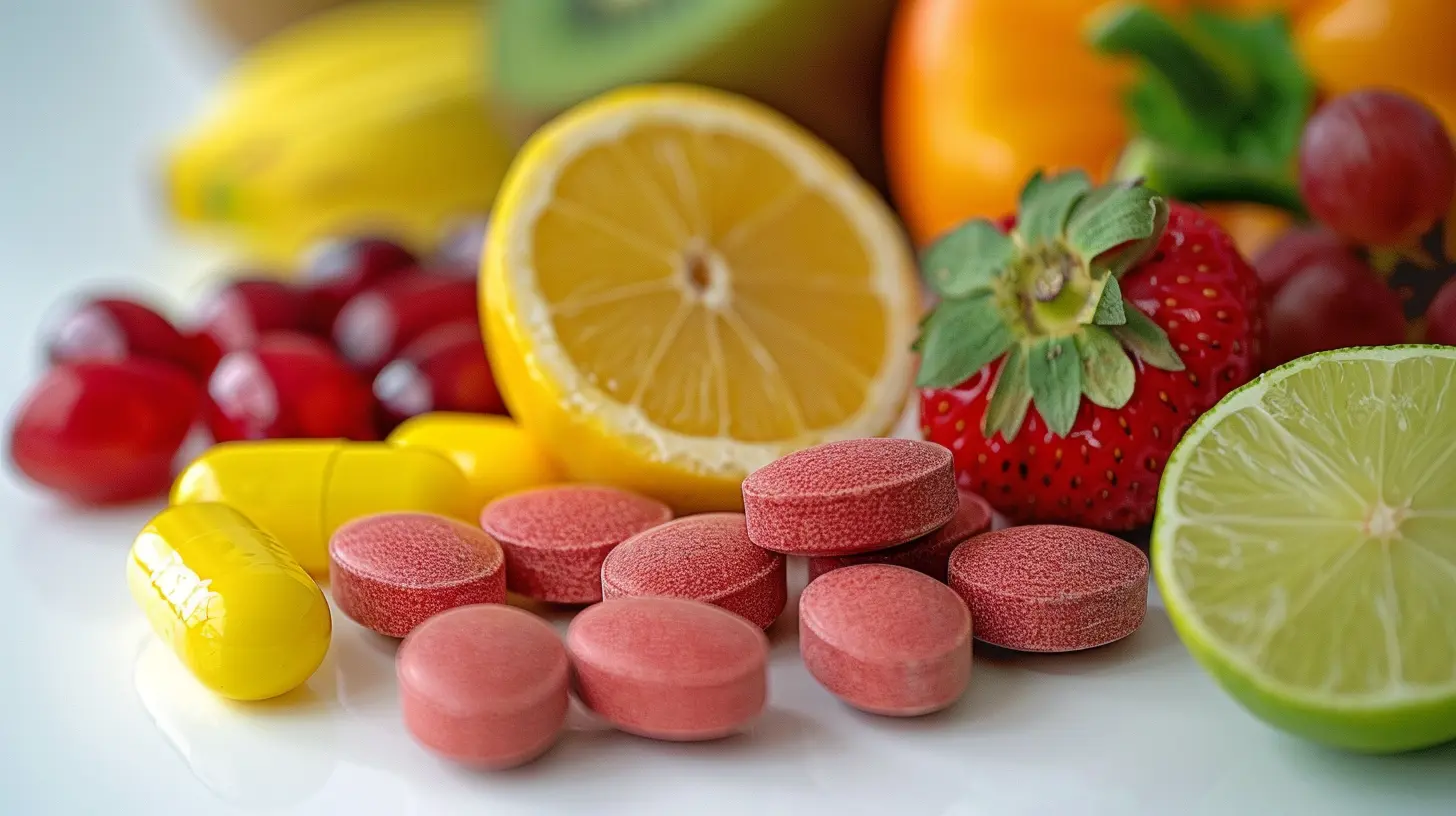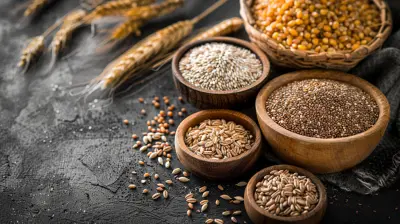Can Vitamin C Help Shorten the Duration of a Cold?
13 September 2025
Let’s be honest—we’ve all raced to the kitchen cabinet for some vitamin C at the first sign of a scratchy throat or a stuffy nose. Maybe it was a fizzy orange drink, a high-dose tablet, or good old orange juice. But here’s the real question: can vitamin C actually help shorten the duration of a cold, or is it just the placebo effect in a citrus disguise?
It’s a hot topic, and you’ve probably heard both sides of the story. So let's break it down together, in plain English, and see if vitamin C deserves a spot in your cold-fighting toolkit.
What Exactly Is Vitamin C?
Before we jump into vitamin C's cold-busting powers, let’s take a quick look at what it is.Vitamin C, also known as ascorbic acid, is a water-soluble vitamin. That means your body can’t store it, and you’ve got to keep getting it regularly—through food or supplements. It plays a key role in a bunch of important stuff: building collagen, healing wounds, keeping your immune system humming, and acting as a powerful antioxidant.
Think of it as one of your body’s behind-the-scenes MVPs. Not flashy, but essential.
How Does the Common Cold Work, Anyway?
To figure out how vitamin C might help, it helps to know what we’re fighting. The common cold isn’t just one virus—it’s caused by over 200 different viruses, with the most common culprit being the rhinovirus.When you catch a cold, your immune system jumps into gear. That runny nose? It’s your body flushing out the invaders. The sore throat? Inflammation from your immune system doing its job. So while your body’s fighting off the virus, what you’re actually feeling is your immune response.
This is where vitamin C comes in.
How Vitamin C Helps Your Immune System
Vitamin C doesn’t magically zap cold viruses. But it does help your immune system work better. Here’s how:- Boosts White Blood Cells: These are your infection-fighting super soldiers. Vitamin C helps produce more of them and enhances their function.
- Improves Barrier Skin Functions: Your skin is your first line of defense. Vitamin C strengthens your skin’s ability to keep pathogens out.
- Acts as an Antioxidant: During an infection, your body produces free radicals. Vitamin C helps neutralize them, reducing the damage they cause during the immune battle.
So in essence, vitamin C helps your body get its act together faster, potentially leading to a quicker recovery.
So...Does Vitamin C Actually Shorten the Cold?
Here's where things get a bit tricky—and why there’s so much debate.According to studies (don’t worry, we’ll keep it simple), taking vitamin C regularly—not just when you feel symptoms—might help slightly reduce how long your cold lasts and how severe it feels.
Let’s break this down:
✔️ Taking Vitamin C Daily May Help
If you take vitamin C every day (we're talking about at least 200 mg), you might cut a cold’s length by about 8% in adults and 14% in kids. That’s about half a day to a whole day.Not life-changing, but not nothing either—especially if you’re sniffling through a busy workweek.
❌ Taking Vitamin C Only After You Get Sick? Not So Useful
If you only take vitamin C when you start feeling sick, the results are pretty meh. Most studies say it won’t do much good at that point.That’s kind of like trying to put on sunscreen after you’re already sunburned. Timing matters!
Who Benefits from Vitamin C the Most?
Not everyone sees the same results. Some people actually have a better shot at fighting off colds with vitamin C. You might be one of them if you:- Do intense physical activity: Athletes (like marathon runners or skiers) seem to benefit more from daily vitamin C.
- Live in very cold environments: These conditions can lower immunity, and vitamin C helps even the odds.
- Have a low vitamin C diet: If you're not getting enough from your meals, supplements can help fill the gap.
So, if you’re running marathons in the snow and eating instant noodles every day, vitamin C might be your new best friend.
How Much Vitamin C Should You Be Taking?
Let’s talk numbers. The recommended daily amount (RDA) for adults is:- 90 mg for men
- 75 mg for women
But if you're aiming for a possible cold-fighting benefit, studies suggest 200 mg to 1000 mg per day is the sweet spot.
That’s still within the safe range. However, going overboard (like 2000 mg or more) can lead to tummy troubles like cramping, diarrhea, and nausea. Not fun.
Stick to a reasonable dose, and your body will thank you.
Natural Vitamin C Sources (Because Food First!)
Supplements are convenient, sure—but nature gave us plenty of vitamin C-rich foods, too. And eating whole foods brings other nutrients to the table as well.Here are some top sources:
| Food | Vitamin C (per serving) |
|------|--------------------------|
| Red bell peppers | 190 mg (1 cup, raw) |
| Oranges | 70 mg (1 medium) |
| Strawberries | 85 mg (1 cup) |
| Kiwi | 65 mg (1 medium) |
| Broccoli | 80 mg (1 cup, cooked) |
| Brussels sprouts | 75 mg (1 cup, cooked) |
See a pattern? It’s not just oranges! Mix it up. Your taste buds (and immune system) will thank you.
Supplements vs. Real Food: Which Is Better?
Good question. Supplements are fine for giving your body a reliable, measurable dose—especially if you're on the go or not getting enough from food.But whole foods are packed with fiber, phytonutrients, and other goodies you won’t find in a tablet. So ideally, do both: eat a vitamin C-rich diet, and then supplement if you need an extra immune boost.
Think of food as your base, and supplements as your backup plan.
What About "Emergen-C" Drinks and High-Dose Gummies?
Ah yes, those fizzy drinks and gummy bear-like supplements we all love. Are they helpful? Sure, in moderation—especially if they help you stay hydrated, which is super important during a cold.But remember: more isn’t always better. Mega doses don’t necessarily mean mega results. Plus, some of these products are loaded with sugar, which can mess with your immune function.
Check the labels, watch the sugar content, and don’t rely 100% on convenience. Your immune system’s smarter than that.
Other Immune-Boosting Sidekicks
Vitamin C doesn’t have to do it alone. Partner it with other helpful nutrients, and you’ve got a powerful crew on your side:- Zinc: Helps reduce the length of cold symptoms when taken early.
- Vitamin D: Supports immune regulation (especially if you're deficient).
- Echinacea: Herbal remedy with mixed evidence—but some people swear by it.
- Probiotics: Keep your gut happy, and your immune system follows.
Building a well-rounded immune routine is like creating a superhero team. Everyone has a role.
Final Thoughts: Should You Stock Up on Vitamin C?
Here’s the deal, plain and simple:Vitamin C won’t prevent you from catching a cold, and it likely won’t cure one overnight. But if you take it regularly, it may help you recover slightly faster and feel a little less miserable.
Is it a miracle cure? Nope.
Is it a smart, safe, and affordable way to support your immune health? Totally.
So whether you get your fix from bright-colored fruits, daily supplements, or a little bit of both, vitamin C deserves a spot in your health routine. Just don’t expect it to work like magic beans. 😉
Quick Recap – Can Vitamin C Help with Colds?
| Question | Answer ||----------|--------|
| Can it prevent a cold? | Not really. |
| Can it shorten the duration if taken daily? | Yes, but only by a little (maybe a day). |
| Does it help if taken only after symptoms start? | Probably not. |
| Should you include it in your wellness routine? | Absolutely. |
Ready to Boost Your Immune Game?
Next time you feel a cold coming on, don’t panic—just stay hydrated, rest up, eat nourishing foods, and yes, keep that vitamin C handy (especially if you’ve been taking it all along). It won’t work miracles, but it might just give your immune system the little edge it needs.And hey, even if it only helps for one day—that’s still one more day of feeling better. Worth it, right?
all images in this post were generated using AI tools
Category:
VitaminsAuthor:

Eileen Wood
Discussion
rate this article
1 comments
Christopher McClellan
Why did the orange break up with the cold? It was tired of being squeezed for all its Vitamin C! 🍊 While a splash of citrus might not be a magic wand, it sure knows how to add a zest to your recovery plan. Stay juicy and healthy!
October 2, 2025 at 4:38 PM

Eileen Wood
Thank you for the fun comment! While Vitamin C may not be a cure-all, it can support your immune health. Stay juicy and healthy! 🍊


